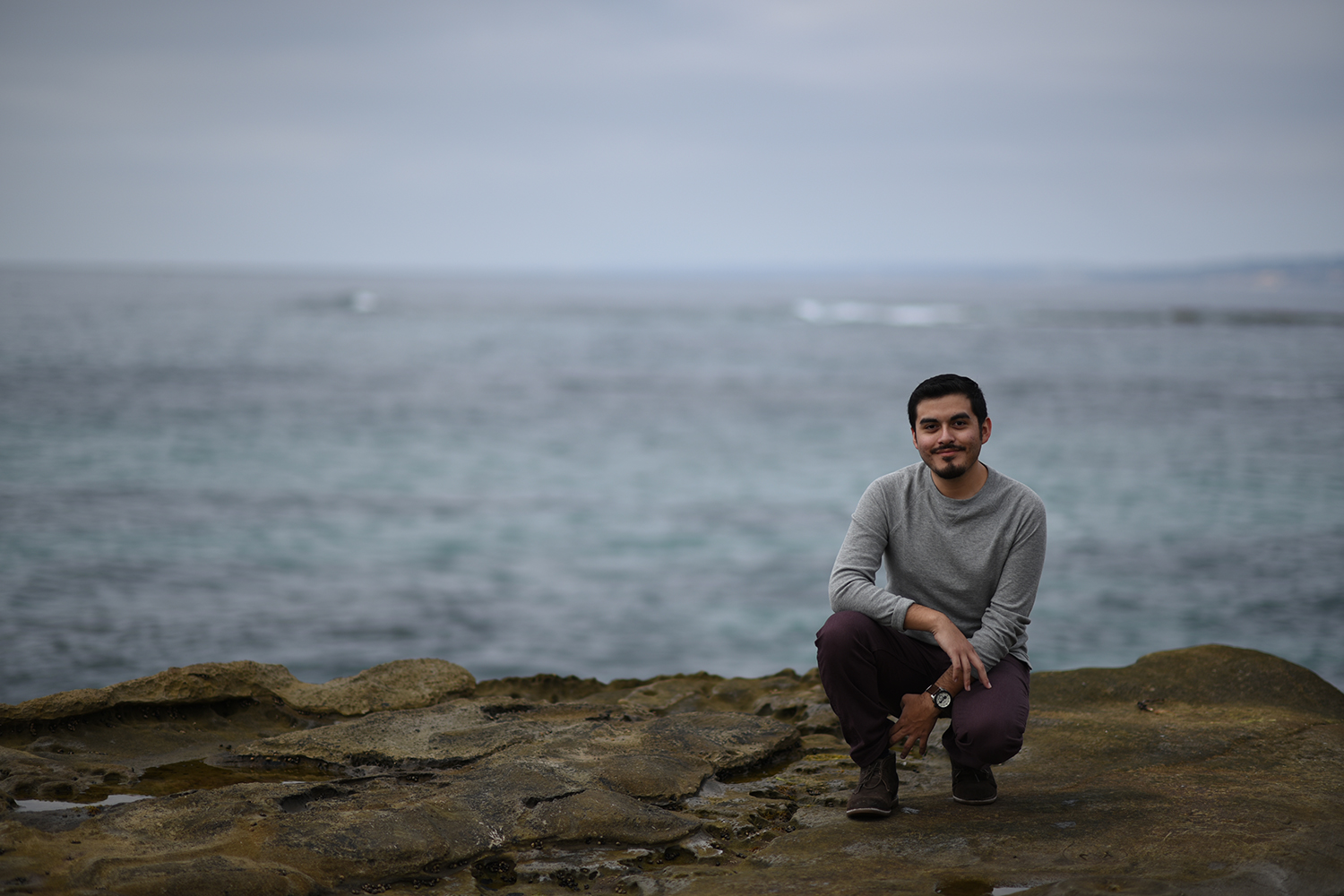
In 1989, my family and I left our small Maya community in Yucatán, México due to poverty, violence and lack of opportunity. My parents wanted the best for my sister and I; they were willing to leave everything and everyone they knew behind to provide it. After a 16-hour journey we arrived in Los Angeles with nothing to our name but a small backpack my father carried containing some clothes and everyday essentials. I was a year old and my new home was no longer Mérida, Yucatán, but a stranger’s garage in East LA. Although it was a small garage with no windows, we made it a humble home where I learned how to walk, learned Mayan phrases and my first Spanish words.
Fifteen years later, I was faced with the reality of what it meant to be undocumented: teachers constantly asked me if I was going to go to college. I always responded with a confused stare or an awkward silence. I didn’t know. I remember talking to my parents, and hearing them tell me that living sin papeles might mean I couldn’t go to college and I might be exploited at work. Despite that, I wanted to make sure their sacrifices were not in vain therefore I decided that I was going to apply to colleges and universities, but only to local ones in the case things went wrong while I was there.
Frustrated, I had internalized my undocumented status when I began to learn how limited my life was, which was around the same time I began to come to terms with my queer identity. During those teen years, I remember my friends working fun summer jobs to buy trendy clothes and fancy gadgets, getting their drivers permits, and vacationing around the globe during summer break. Unfortunately, those experiences were out of the question for me because of my status. The media didn’t help either. Their depictions of immigration made Latinx communities seem like savages and animals, a colonial mentality that the US has not been able to move away from. Truth be told, I began hating my Latinx roots and culture–it reminded me that I was un ilegal. I wanted to be an American and I refused to speak Spanish. Not knowing my Mayan tongue reminded me that I was neither from here, nor from there.
Thankfully, I was able to attend Cal State LA, a 10 minute drive away from home. Affording college was difficult: my father worked as much as he could, I took time off from school to work and pay for classes, and my mother had intense medical procedures. Eventually, we were given an eviction notice for falling behind on six months of rent. Our fear of being outed as undocumented and deported prevented my family from finding a support system.
In the midst of all the chaos, I was introduced to a group of youth who unapologetically proclaimed to be “Undocumented and Unafraid,” and learned the power of making the invisible, visible. I too became unafraid and soon after became involved with the undocumented youth movement by contributing my experience with graphic design. Years later, I finally graduated with a BA in Art with an emphasis in Graphic Design and Visual Communication. Despite my degree, good and stable jobs were still out of the question, so I decided to create my own.
